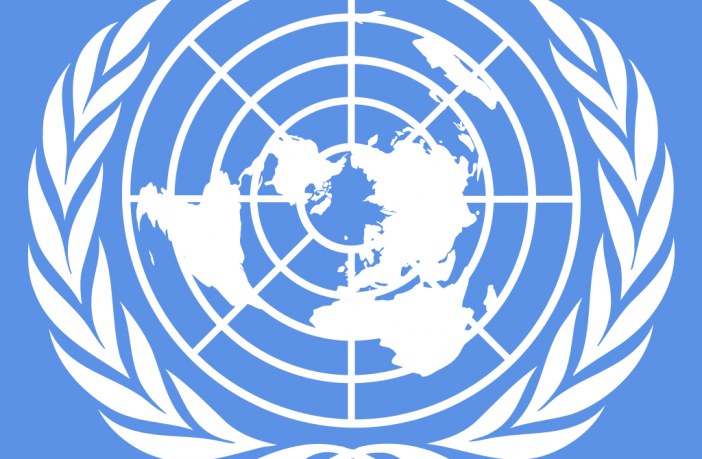Claiming that the “COVID-19 pandemic has created momentum for alternatives to immigration detention,” the United Nations Network on Migration last month recommended that nations not only impose a moratorium on immigration detention, but give “migrants” full access to health care and social services.”
An April 29 statement from the UN group makes clear its goals are not limited to the pandemic period. “Together, let’s seize this opportunity to redouble our collaborative efforts, look beyond the current crisis, and showcase concretely how migration can be governed without resorting to immigration detention,”
Despite its own charter explicitly stating that “nothing contained in the present charter shall authorize the United Nations to interfere in matters which are essentially within the domestic jurisdiction” of Member states,” the UN and its member bodies are pushing ahead anyway.
Two weeks ago, UN Special Rapporteur on the human rights of migrants, Felipe González Morales, an outspoken critic of immigration detention, argued that Immigration and Customs Enforcement (ICE) is unable to ensure social distancing at facilities and that “significantly reducing the number of detained migrants by releasing them into alternative settings can easily solve this.” He further insisted that “none of those migrants are detained for criminal offences, but are simply awaiting decisions on their immigration claims.”
That followed a March 31 joint statement from the UN High Commissioner for Refugees, the International Organization for Migration (OIM), the Office of the United Nations High Commissioner for Human Rights (OHCHR) and the World Health Organization (WHO) maintained that due to the “lethal consequences a COVID-19 outbreak would have, [all illegal migrants and refugees]should be released without delay.”
The end of all immigration detention and the nullification of nations’ sovereign authority over their borders has been high on the UN’s agenda in recent years. In 2016, the UN General Assembly – with the endorsement of the Obama administration – adopted the New York Declaration for Refugees and Migrants, which led to the adoption of the Global Contract for Safe, Orderly, and Regular Migration in December 2018.
While backing elements of the compact, the Trump administration pulled out of talks in 2017 and voted against its eventual adoption due to concerns about a “process that imposes or has the potential to impose international guidelines, standards, expectations, or commitments that might constrain our ability to make decisions” that are in the best interests of Americans, namely regarding immigration policy.
In a statement explaining its opposition, the U.S Mission to the UN said the process that led to the Compact’s adoption represented “an effort by the United Nations to advance global governance at the expense of the sovereign right of States to manage their immigration systems in accordance with their national laws, policies, and interests.”
Citing concerns about the imposition of additional limitations on U.S. authority over its own immigration policy, the U.S., voted against it and was joined by Hungary, Israel, Poland and the Czech Republic in doing so. Twelve nations abstained from endorsing the agreement.
Why does virtue-signaling from the United Nations matter? First, it is attempting to move from the symbolic to the substantive as a January ruling by the UN Human Rights Committee (UNHRC) shows. The ruling relates to a New Zealand court’s rejection of an individual’s claim of “climate refugee” status and his subsequent appeal to the UNHRC.
The Committee stated “that countries may not deport individuals who face climate change-induced conditions that violate the right to life” and even maintained that “individuals seeking asylum status are not required to prove that they would face imminent harm” if deported. The absurdity might be laughed away if it had not already gained support among members of Congress.
The rhetorical threats from an international body echo the real efforts of activist lawmakers who are similarly exploiting the coronavirus pandemic to achieve their goals of ending all immigration detention and both pose an imminent and serious threat to the U.S. sovereignty.





1 Comment
Pingback: UN’s Push to End All Immigration Detention is not so Unbelievable – India Inc Blog